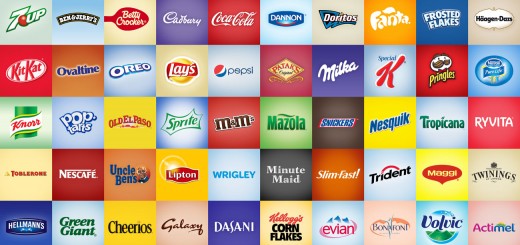Better Independent Mobile Measurement: Q&A with Jeremy Hlavacek, The Weather Channel
How much of a challenge is mobile, really? Jeremy Hlavacek (pictured below), vice president, Global Automated Monetization, The Weather Channel, tells ExchangeWire that there are many misconceptions around mobile advertising – and unnecessarily so, but that data and measurement need to be cracked to truly allow mobile programmatic to thrive.
ExchangeWire: What trends are you seeing in consumer usage of mobile versus desktop?
Jeremy Hlavacek: We are seeing three consumer trends with regards to mobile: more, more, and more. That’s a facetious answer, but the spirit is correct. Time spent on mobile is only increasing and our inventory mix is shifting to mobile at a rapid pace. The growth is occurring both in app and mobile web, as well as consumption of mobile video. Even with steady growth in our desktop business, mobile is gaining share.
Are publishers mobile-ready? What barriers are preventing them from making more inventory available for mobile programmatic?
I think publishers are certainly ready to offer up mobile inventory programmatically. At The Weather Channel, we offer all of our standard mobile units programmatically. The area that needs attention is how to offer more interesting native executions programmatically. Standard units are less than ideal on mobile because the sizes don’t fit well on most phone screens. Standard units are either too small and ineffective, or too big and intrusive. The more we can figure out ways to offer interesting native solutions programmatically, the better.
You operate across the digital ecosystem – is the slow uptake of mobile programmatic limited to just publishers, or are advertisers also slow to adjust?
 The primary limiting factor for mobile programmatic growth is not with advertisers and publishers, but with the tech companies and infrastructure. When you look at smartphone sales globally, it’s clear that many consumers have an internet-enabled smartphone and are using it to consume content. Advertisers know this, and are eager to move into the space, but the lack of data and measurement is a major block right now for publishers. This is why almost all mobile spend is going to ‘walled gardens’ like Facebook and Google – they have the best ability to measure ROI. I think it would be to everyone’s benefit to have better independent mobile measurement standards deployed across the industry. It would create more opportunity and diversity in the ecosystem.
The primary limiting factor for mobile programmatic growth is not with advertisers and publishers, but with the tech companies and infrastructure. When you look at smartphone sales globally, it’s clear that many consumers have an internet-enabled smartphone and are using it to consume content. Advertisers know this, and are eager to move into the space, but the lack of data and measurement is a major block right now for publishers. This is why almost all mobile spend is going to ‘walled gardens’ like Facebook and Google – they have the best ability to measure ROI. I think it would be to everyone’s benefit to have better independent mobile measurement standards deployed across the industry. It would create more opportunity and diversity in the ecosystem.
Is the lack of mobile inventory versus desktop availability causing advertisers to view mobile as an inefficient media channel?
I haven’t heard many complaints about a lack of mobile inventory on the publisher side, but I think the measurement issue is causing advertisers to be highly skeptical of mobile inventory that is not backed by deterministic data. The perception is that all of the mobile inventory in the exchanges is ‘junk’. That couldn’t be further from the truth. I think smart buyers have a tremendous opportunity with the mobile audience right now.
What needs to happen across the industry to ensure that mobile investment matches the levels of mobile consumption?
Two things:
First and foremost, better data and measurement around mobile advertising attribution is needed to unlock the programmatic potential of mobile for advertisers. It could be argued that mobile has the most programmatic potential of any channel because it has some of the richest real time data sets – like location, for example. However, if all of the data cannot be analysed and understood across publishers, the majority of spend will go to the more measureable walled gardens.
Secondly, there are clear issues with standard mobile banners. I’ve heard compelling arguments that they are both too small and too big. No one is happy. The creative ad experience needs to be rethought for mobile in a way that is scalable and is a win for both consumers and advertisers.
The post Better Independent Mobile Measurement: Q&A with Jeremy Hlavacek, The Weather Channel appeared first on ExchangeWire.com.



